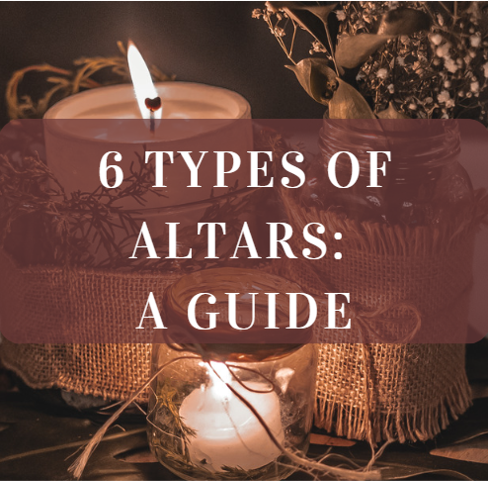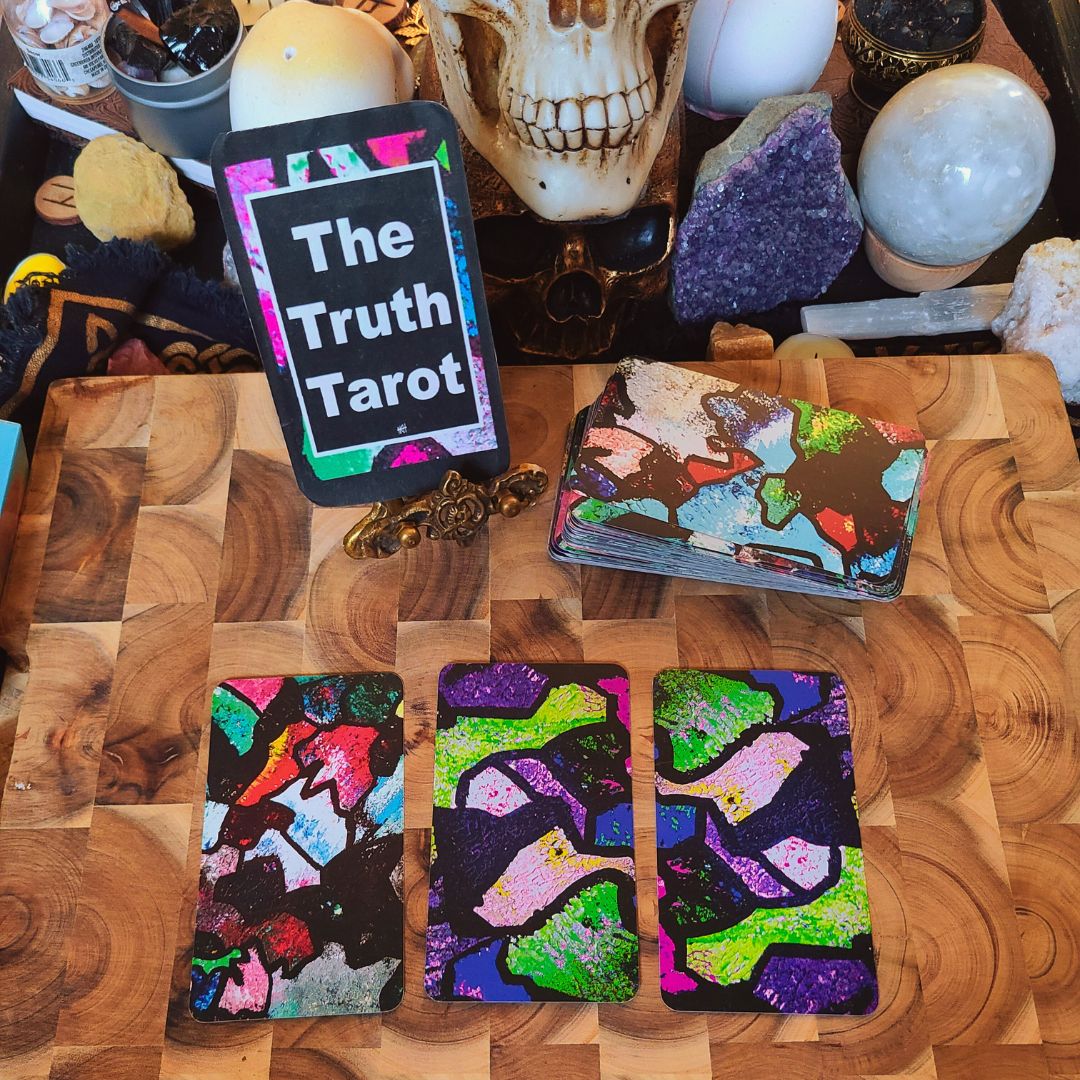
6 Types of Altars: A Guide
Share
Altars have been an integral part of religious and spiritual practices for centuries. They serve as sacred spaces where individuals can connect with their beliefs, offer prayers, and find solace. Altars come in various forms, each with its own unique purpose and symbolism. In this blog post, we will explore six types of altars found across different cultures and religions.
1. Ancestral Altars
Ancestral altars are dedicated to honoring and connecting with deceased family members and ancestors. They often feature photographs, personal belongings, and offerings such as food, flowers, or incense. Ancestral altars provide a space for remembrance, gratitude, and seeking guidance from those who came before.
2. Devotional Altars
Devotional altars are created to pay homage to specific deities or spiritual figures. They are adorned with statues, images, or symbols associated with the chosen deity. Devotees offer prayers, incense, and other offerings to express their devotion and seek blessings.
3. Nature Altars
Nature altars celebrate the beauty and power of the natural world. They are often created outdoors, incorporating elements such as stones, flowers, leaves, and water. Nature altars provide a space for connecting with the earth, expressing gratitude, and finding peace in the midst of nature's wonders.
4. Healing Altars
Healing altars are designed to promote physical, emotional, and spiritual well-being. They may include crystals, herbs, essential oils, and other healing tools. Healing altars serve as a focal point for meditation, energy work, and seeking balance and restoration.
5. Ritual Altars
Ritual altars are used for specific ceremonies, rituals, or religious practices. They are often temporary and set up for a particular occasion. Ritual altars may feature items such as candles, incense, sacred texts, and ritual tools. They provide a dedicated space for performing sacred acts and invoking spiritual energies.
6. Personal Altars
Personal altars are highly individualized and reflect the unique spiritual beliefs and practices of the individual. They can incorporate elements from various traditions or be entirely personal in nature. Personal altars serve as a personal sanctuary, allowing individuals to connect with their inner selves and cultivate their spirituality.
Altars hold deep significance in many cultures and religions, providing a tangible representation of the intangible. Whether you choose to create an ancestral altar, a devotional altar, or any other type, the act of setting up and maintaining an altar can be a powerful and transformative experience. It allows individuals to connect with their beliefs, find solace, and cultivate a sense of spirituality in their daily lives.

